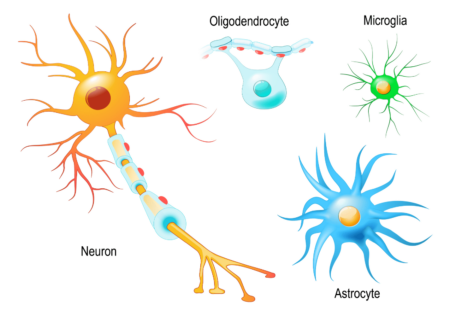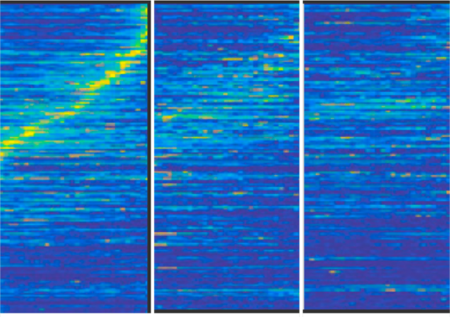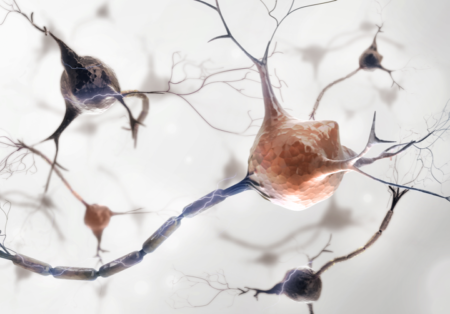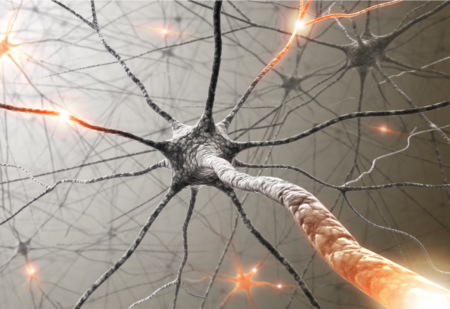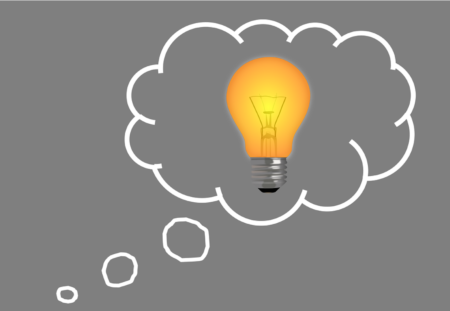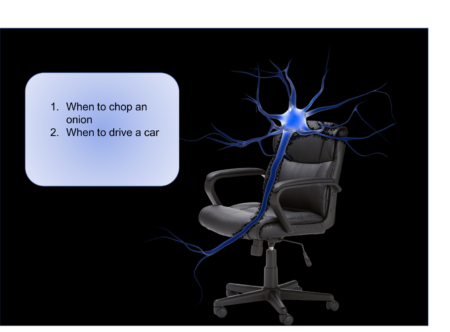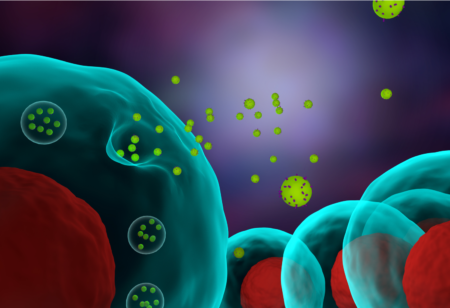After decades of being ignored, the important role of glia in shaping network activity and behavior is redefining how we understand the brain. For decades…
Lab Talk
Drifting Neuronal Representations of Function
Neurons do not stably participate in the representation of tasks and behaviors. Called representational drift, this calls for new thinking in how the brain represents…
Monitor-and-Act Units as Elements of Intelligence
Where is knowledge stored within the brain and living systems? The concept of monitor-and-act units provides a framework for understanding this. In my last post…
Designing Experiments to Uncover Neuron Intelligence
Intelligence is an adaptive process that requires an environment on which it can act. To uncover if neurons have independent intelligence requires closed loop experiments…
How Intelligent Are Neurons?
If individual neurons were as intelligent as little minions, how would we know? The experimental paradigms today assume they are not, what should we change…
From Neurons to Concepts
How does the brain store concepts and activate them in a contextual manner? AI ignores concepts, connectionist models of the brain ignore concepts. What can…
Can Neurons Learn to Adapt?
Can the fast adaptation of neurons explain how we are able to switch so quickly between different learned behaviors? If so, neurons must learn to…
Explaining Flexible Information Routing in the Brain
We constantly change our behavior between things like driving a car to chopping an onion. How does the brain switch quickly between different sensory-motor pathways…
Transport of Proteins, RNA and DNA among Brain Cells
The discoveries of exosomes and tunneling nanotubes that allow intercellular transport of proteins, RNA and DNA among neurons and glia change how we think about…
Finding your Grandmother Inside Your Head
How do you perceive your Grandmother? It is still not known how the activity of neurons represent complex perceptual objects with many features. The theories…

